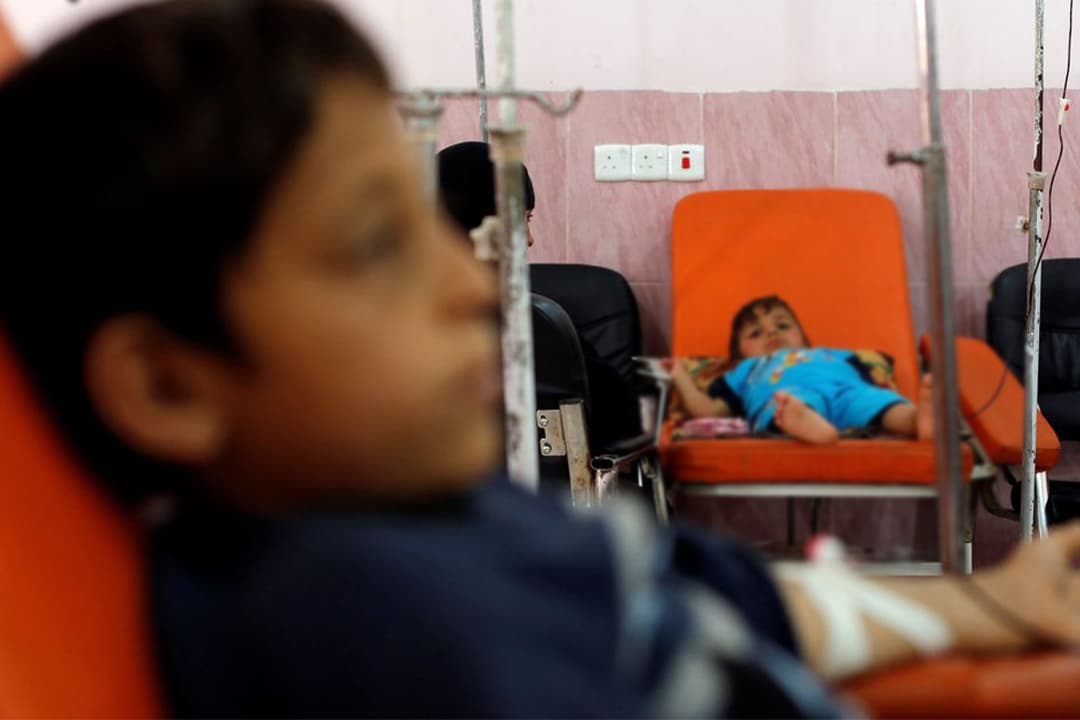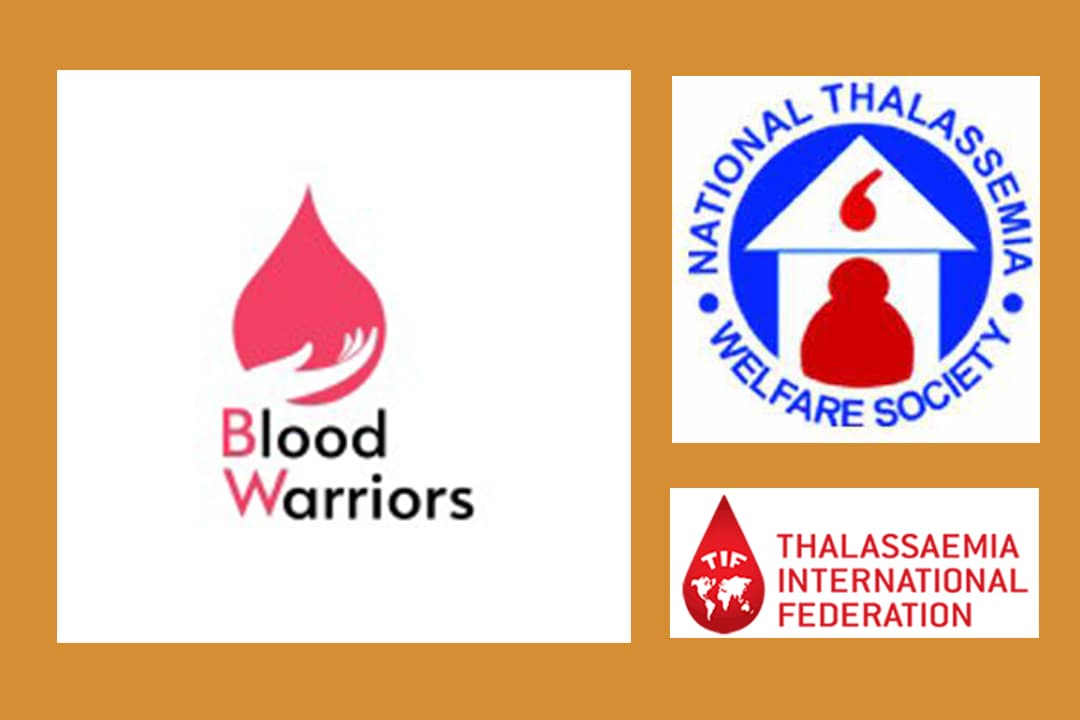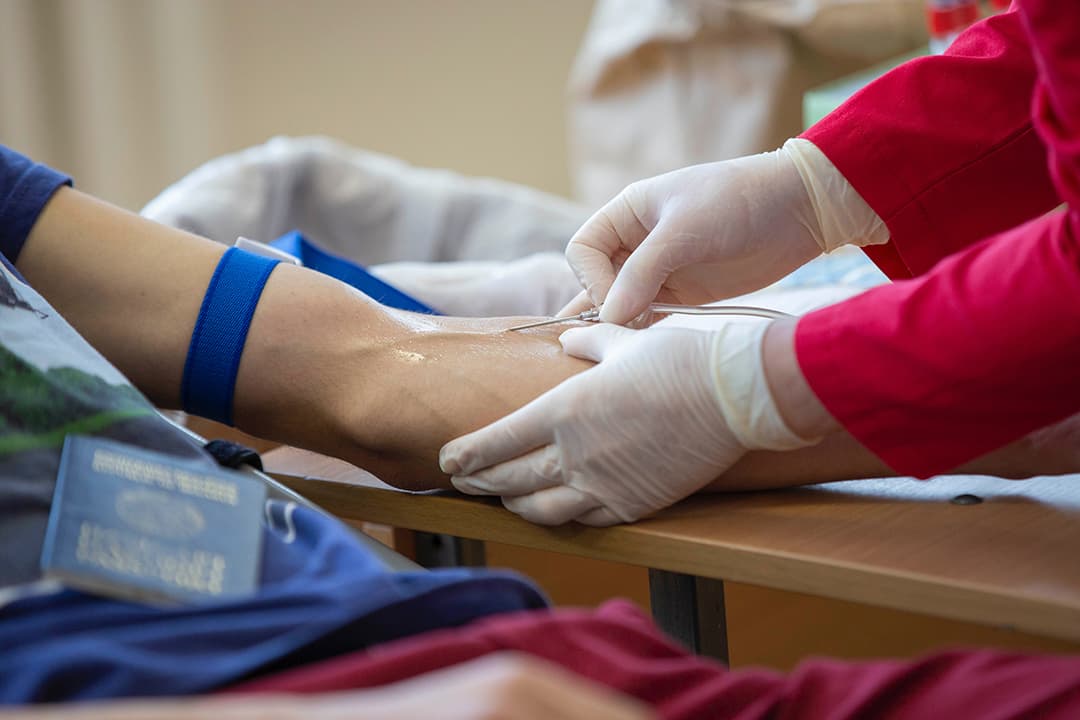Thalassemia FAQs
Blood Warriors
June 5, 2025
FAQs (frequently asked questions) documents are a useful tool for providing information and answering common questions about a particular topic. In the case of thalassemia, an FAQ document can be a helpful resource for individuals with thalassemia, their caregivers, and the general public.
Here are some common questions about thalassemia and their answers:
1. What is thalassemia?
Thalassemia is a genetic blood disorder that affects the production of hemoglobin, a protein found in red blood cells that carries oxygen throughout the body. There are several types of thalassemia, ranging from mild to severe.
2. What are the symptoms of thalassemia?
The symptoms of thalassemia can vary depending on the type and severity of the condition. Common symptoms include fatigue, pale skin, slow growth, and abnormal facial features. In severe cases, thalassemia can cause severe anemia, organ damage, and other complications.
3. How is thalassemia diagnosed?
Thalassemia is typically diagnosed through a combination of a physical examination, medical history, and laboratory tests. These may include a complete blood count (CBC), a blood chemistry panel, and a genetic test.
4. How is thalassemia treated?
The treatment of thalassemia depends on the type and severity of the condition. Mild cases of thalassemia may not require treatment, while severe cases may require lifelong treatment, including regular blood transfusions and chelation therapy. In some cases, stem cell transplantation or gene therapy may be used to treat thalassemia.
5. Can thalassemia be prevented?
Thalassemia is a genetic disorder, so it cannot be prevented. However, pre-natal testing and genetic counseling can help couples who are carriers of the thalassemia gene to make informed reproductive decisions and reduce the transmission of the condition.
6. Is thalassemia curable?
There is currently no cure for thalassemia. However, advances in the treatment of the condition, including the use of gene therapy and stem cell transplants, hold the promise of potentially curing thalassemia in the future.
We hope this information is helpful. If you have any additional questions about thalassemia, please don't hesitate to ask us at contact@bloodwarriors.in.



